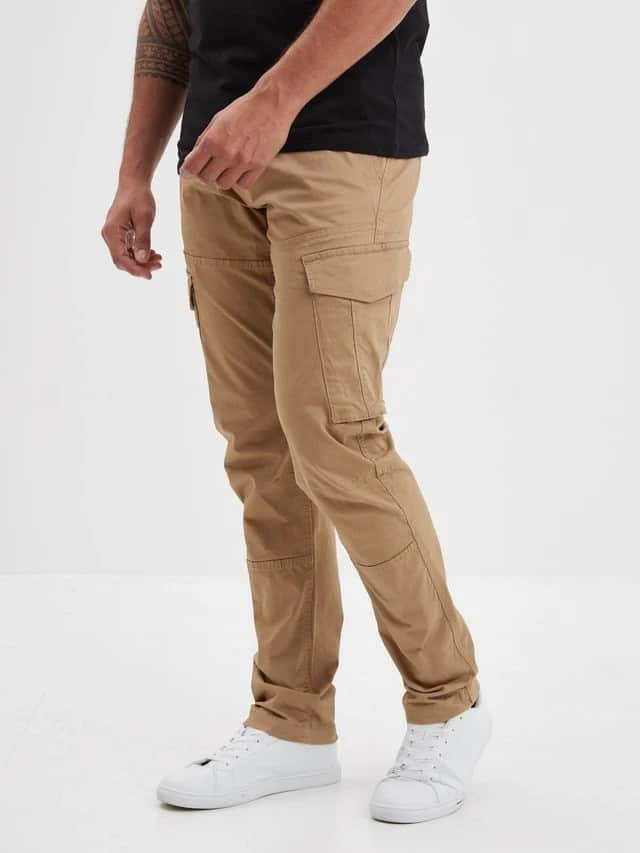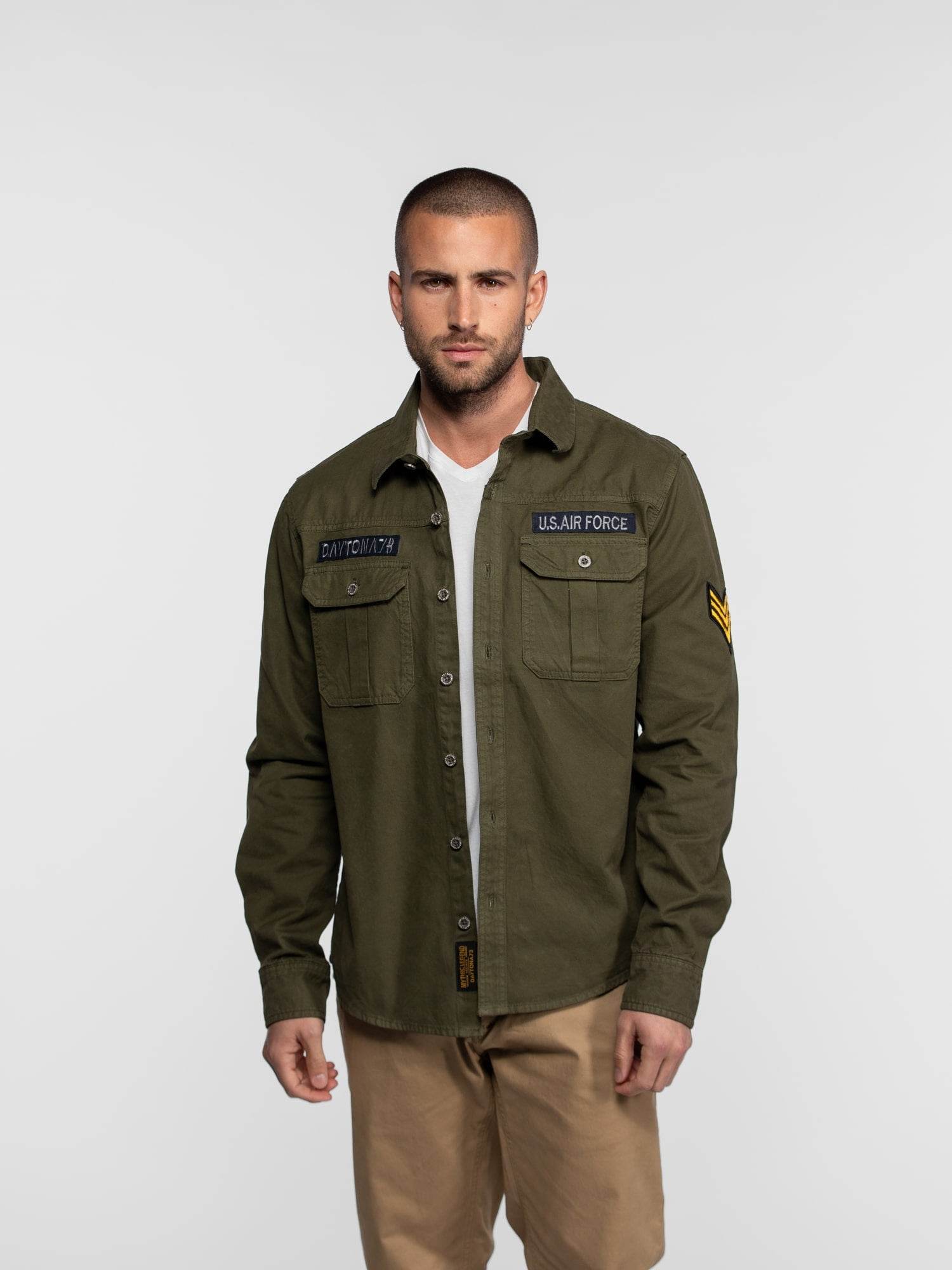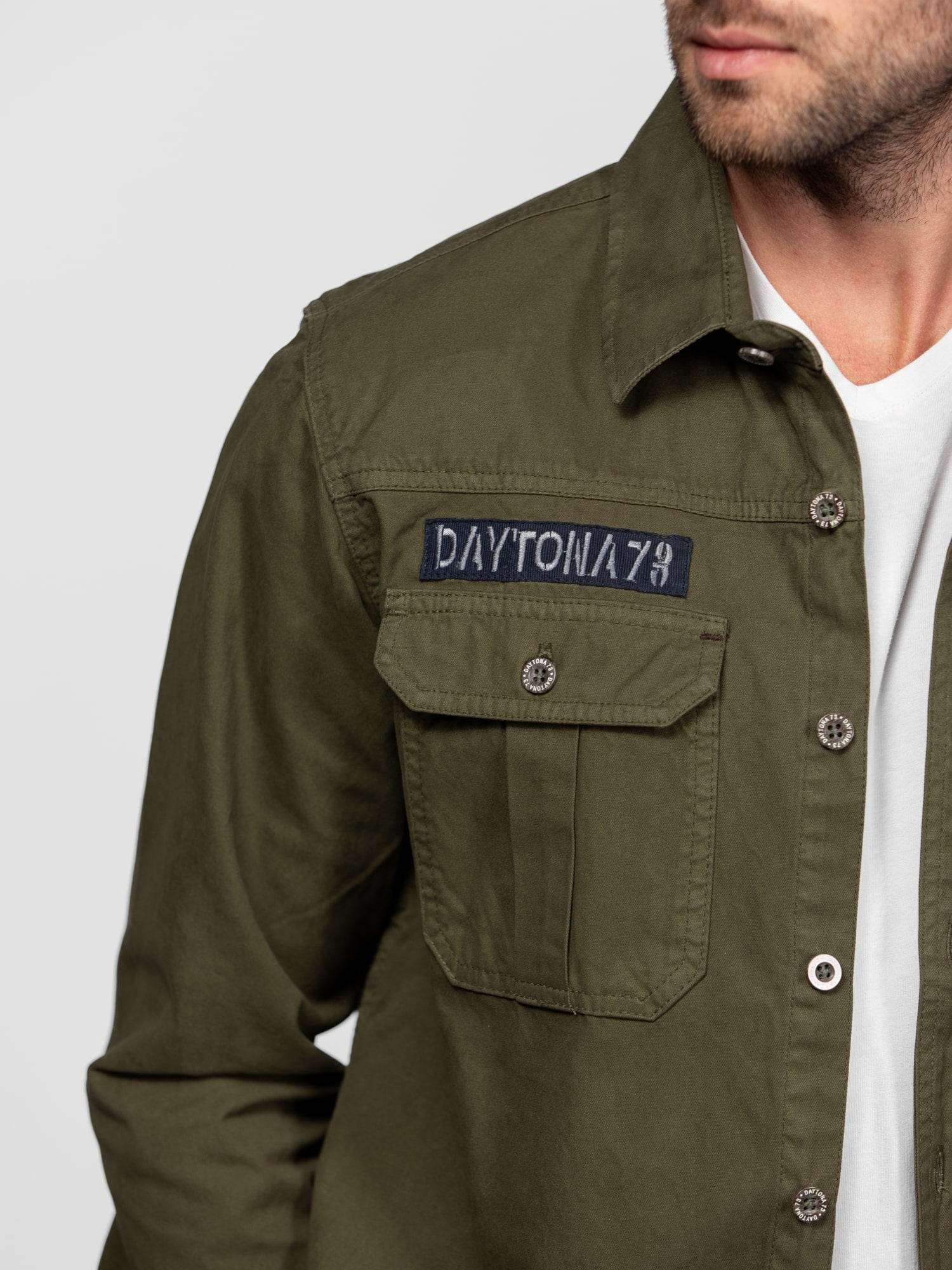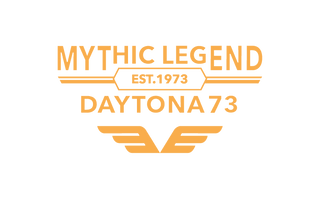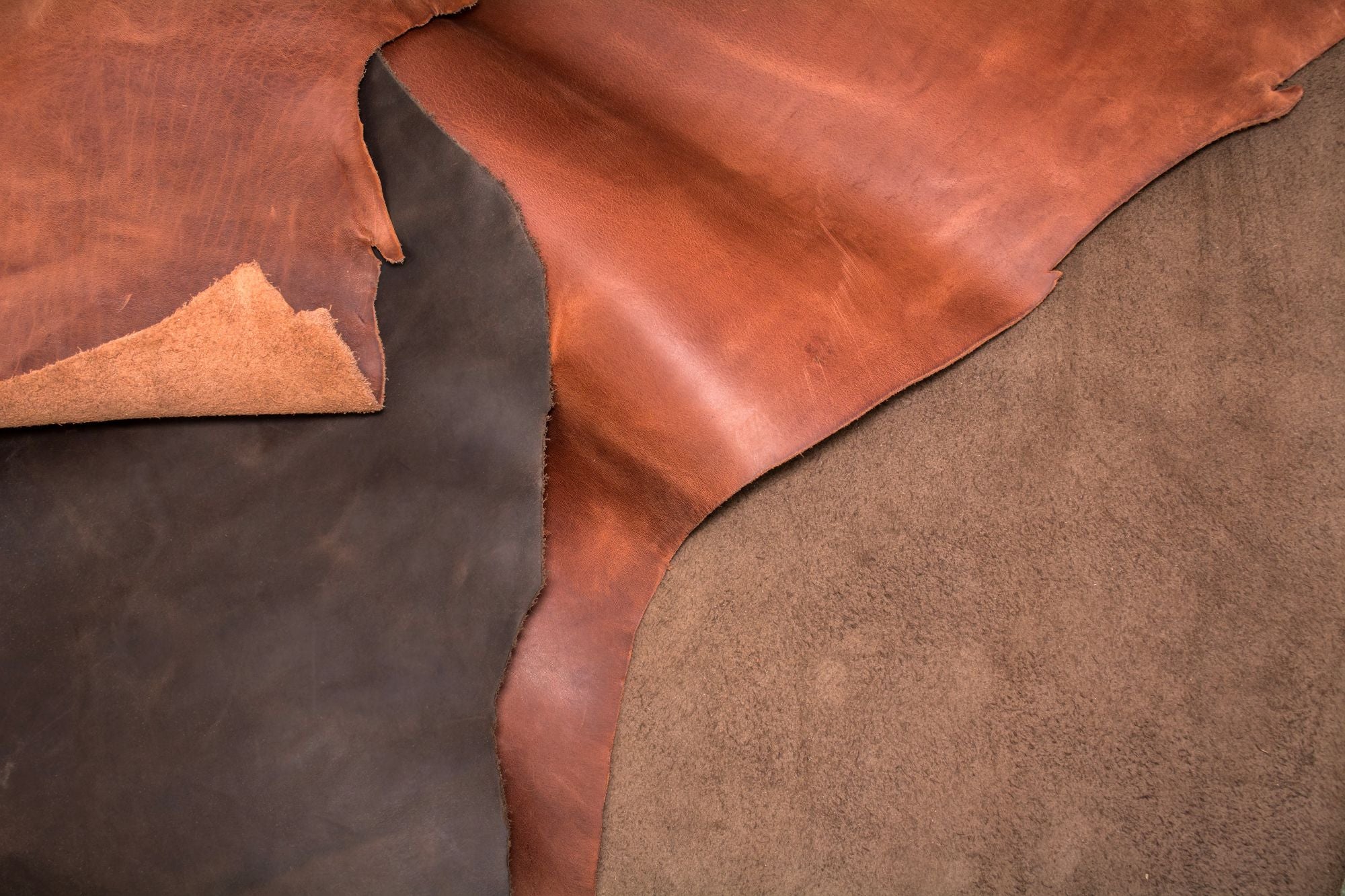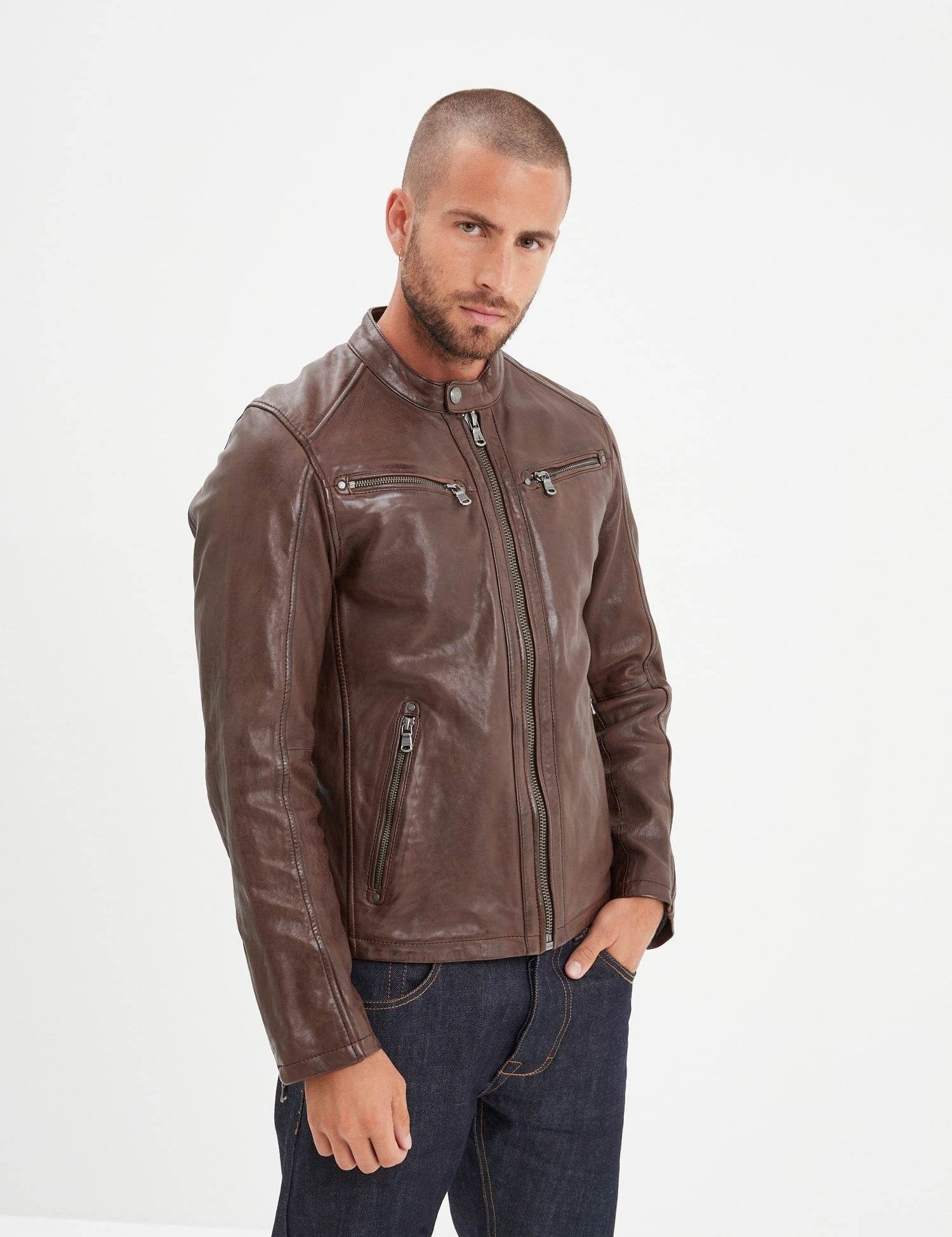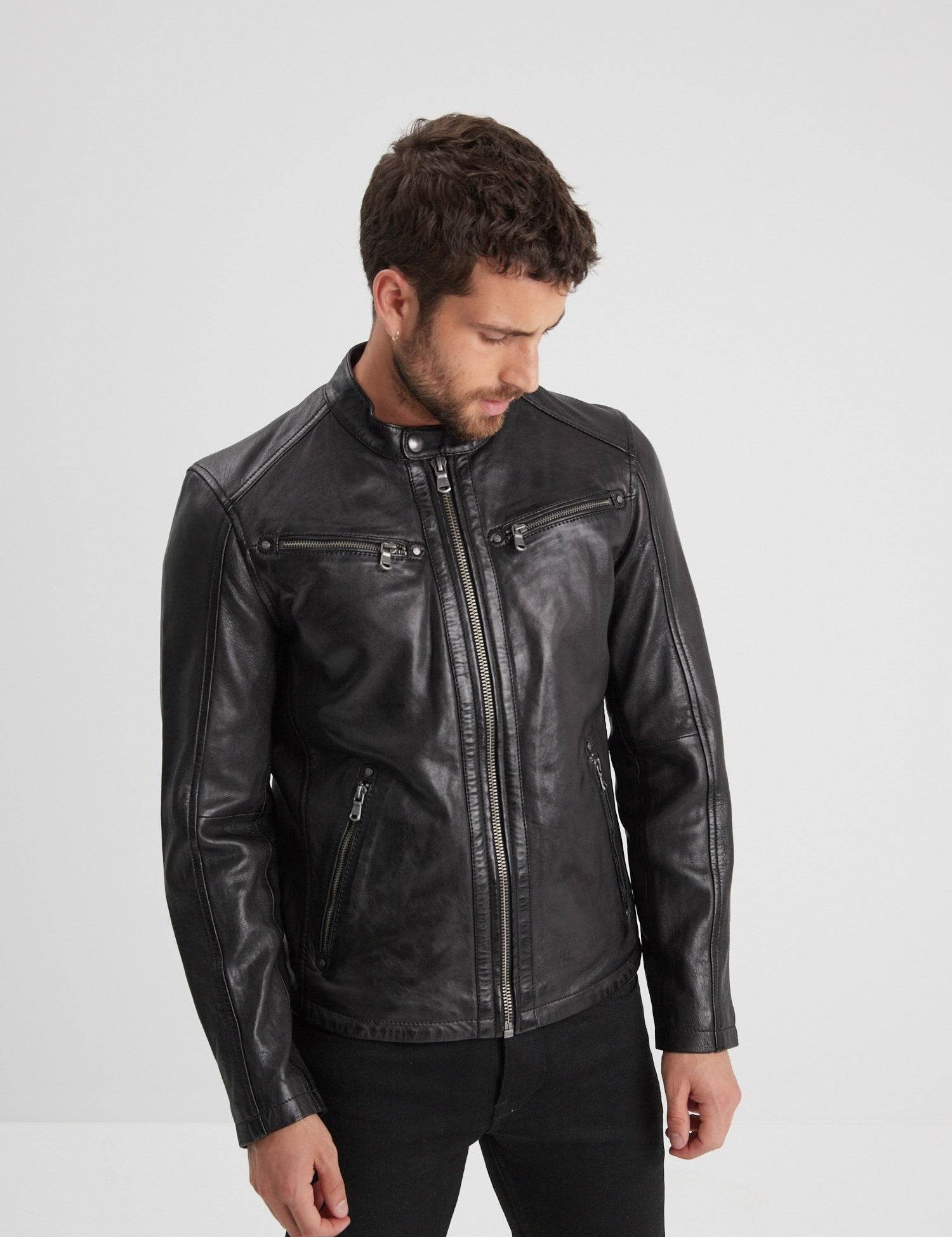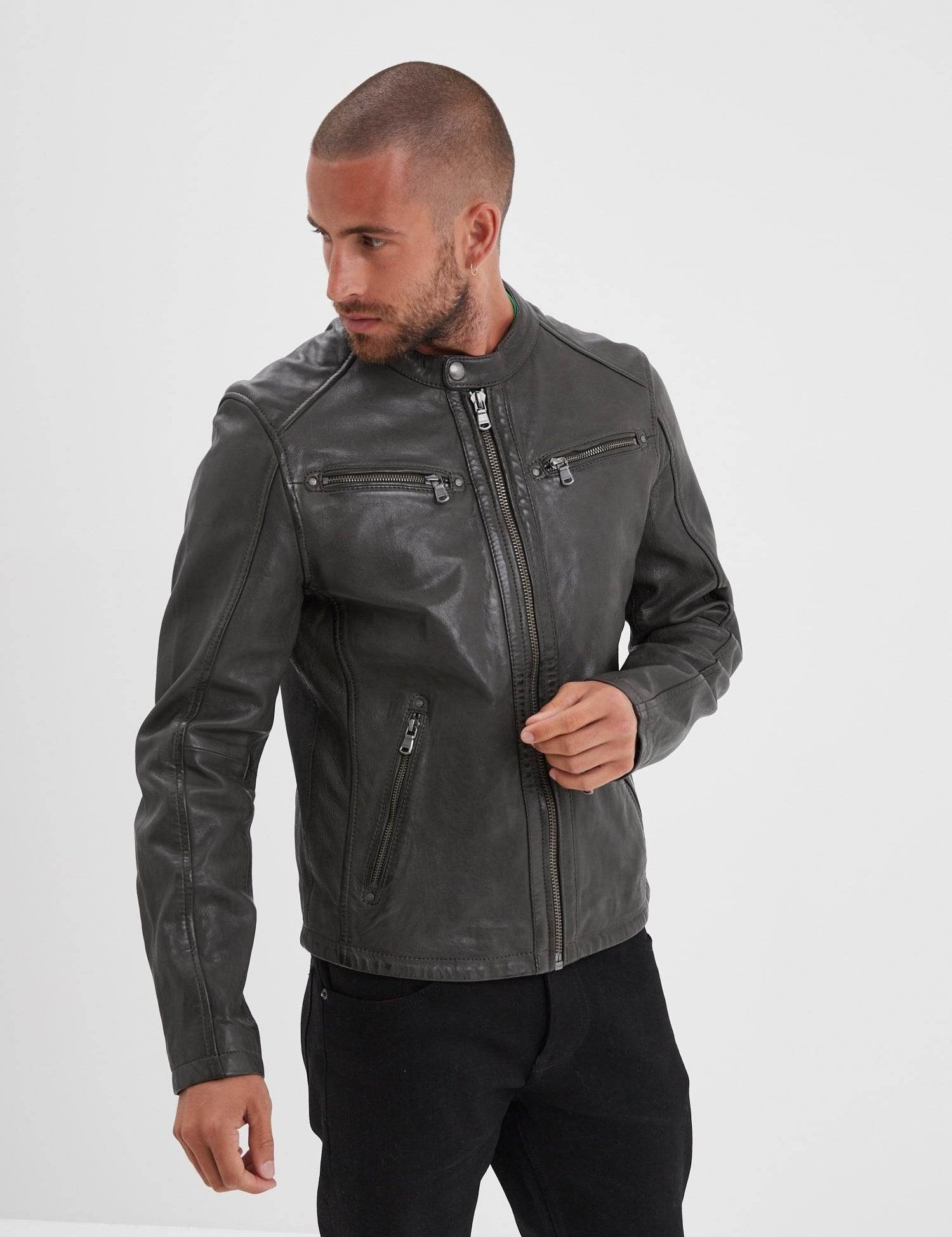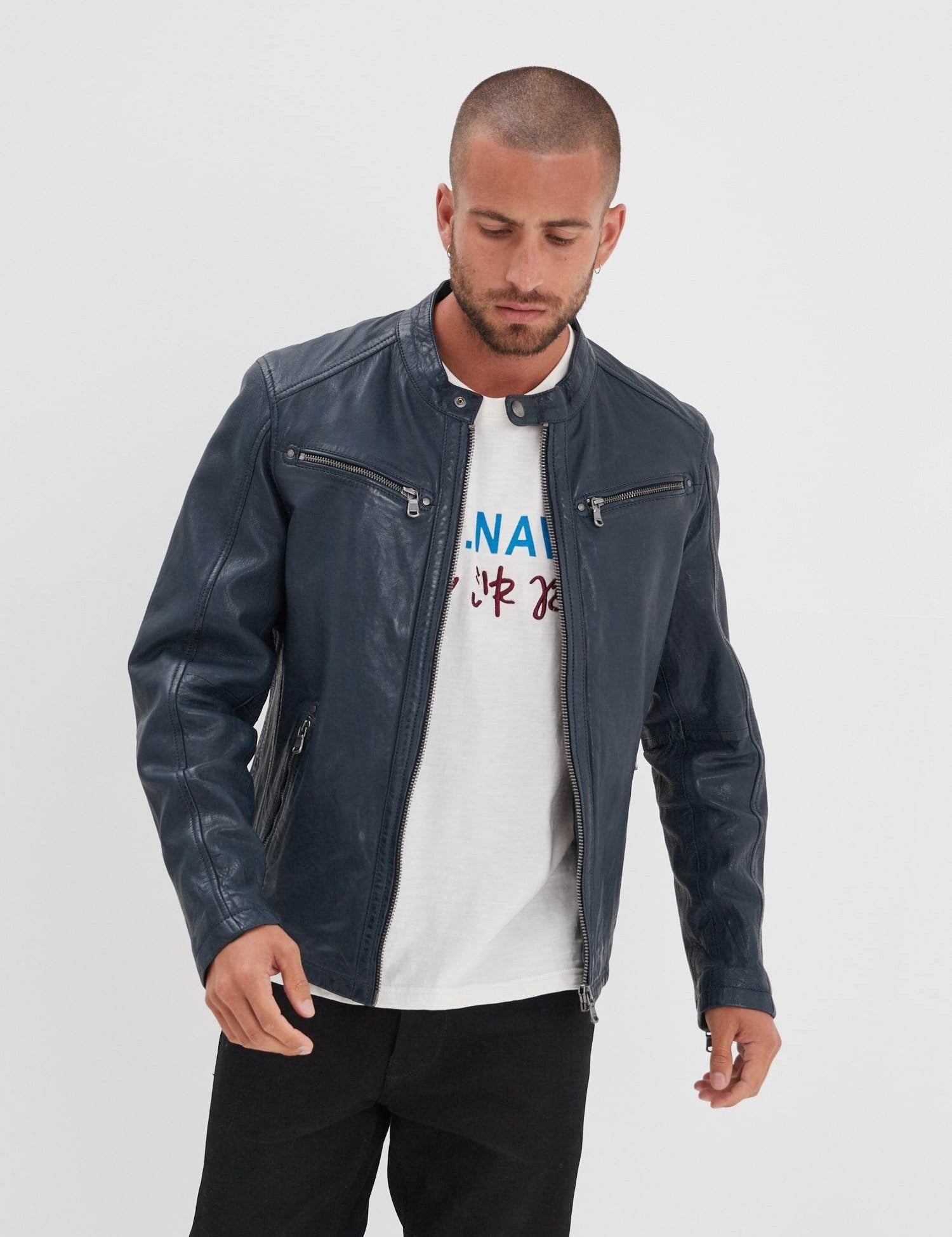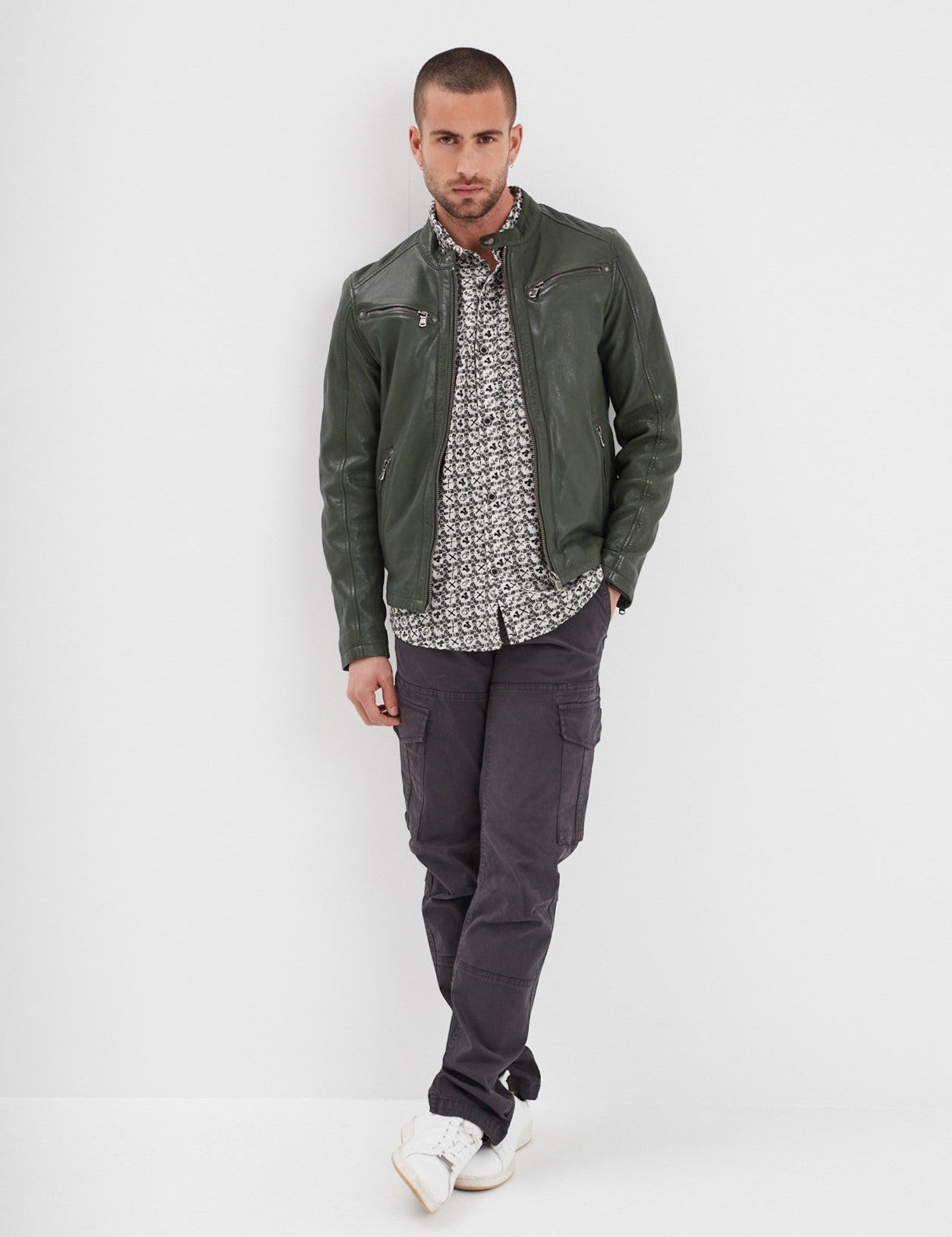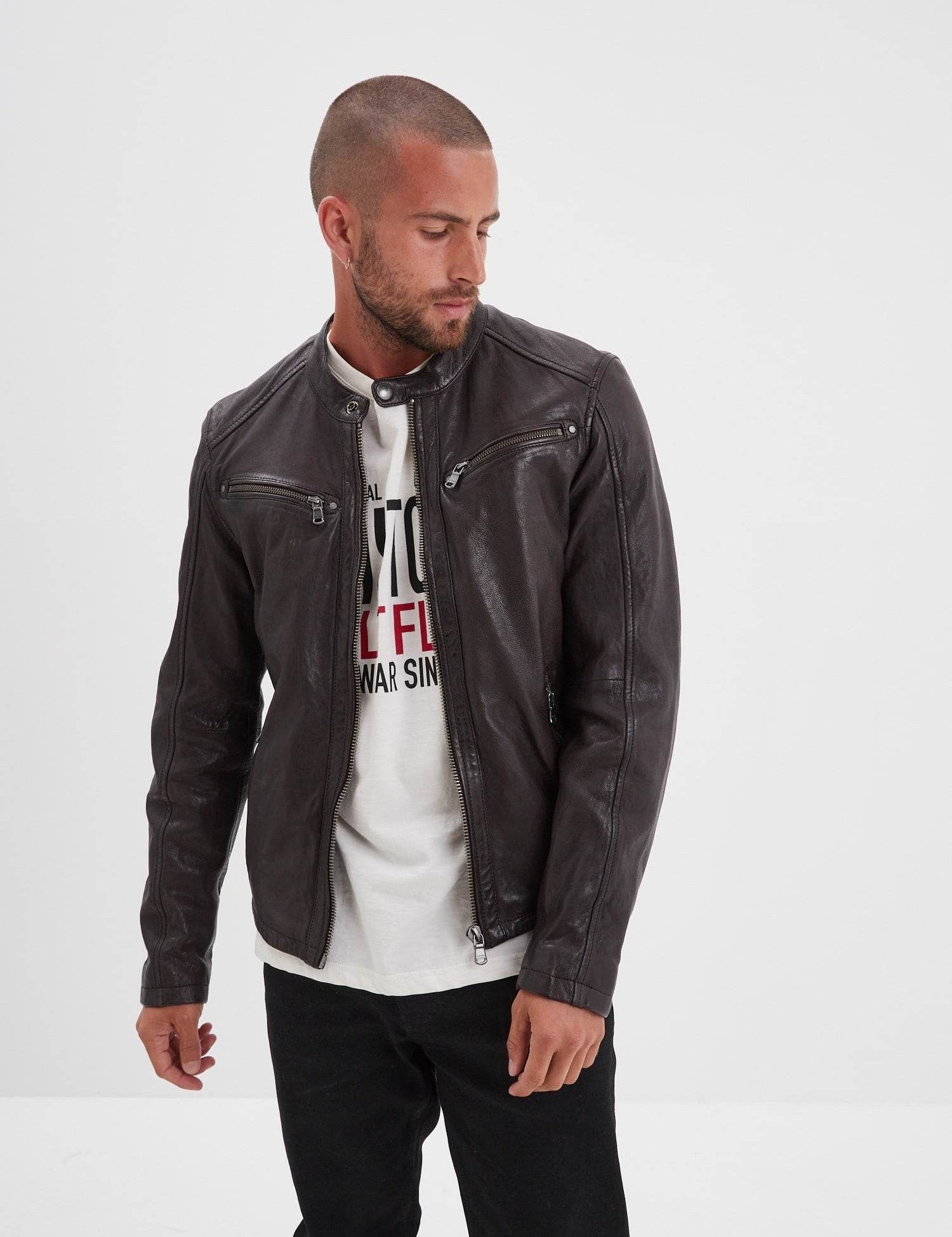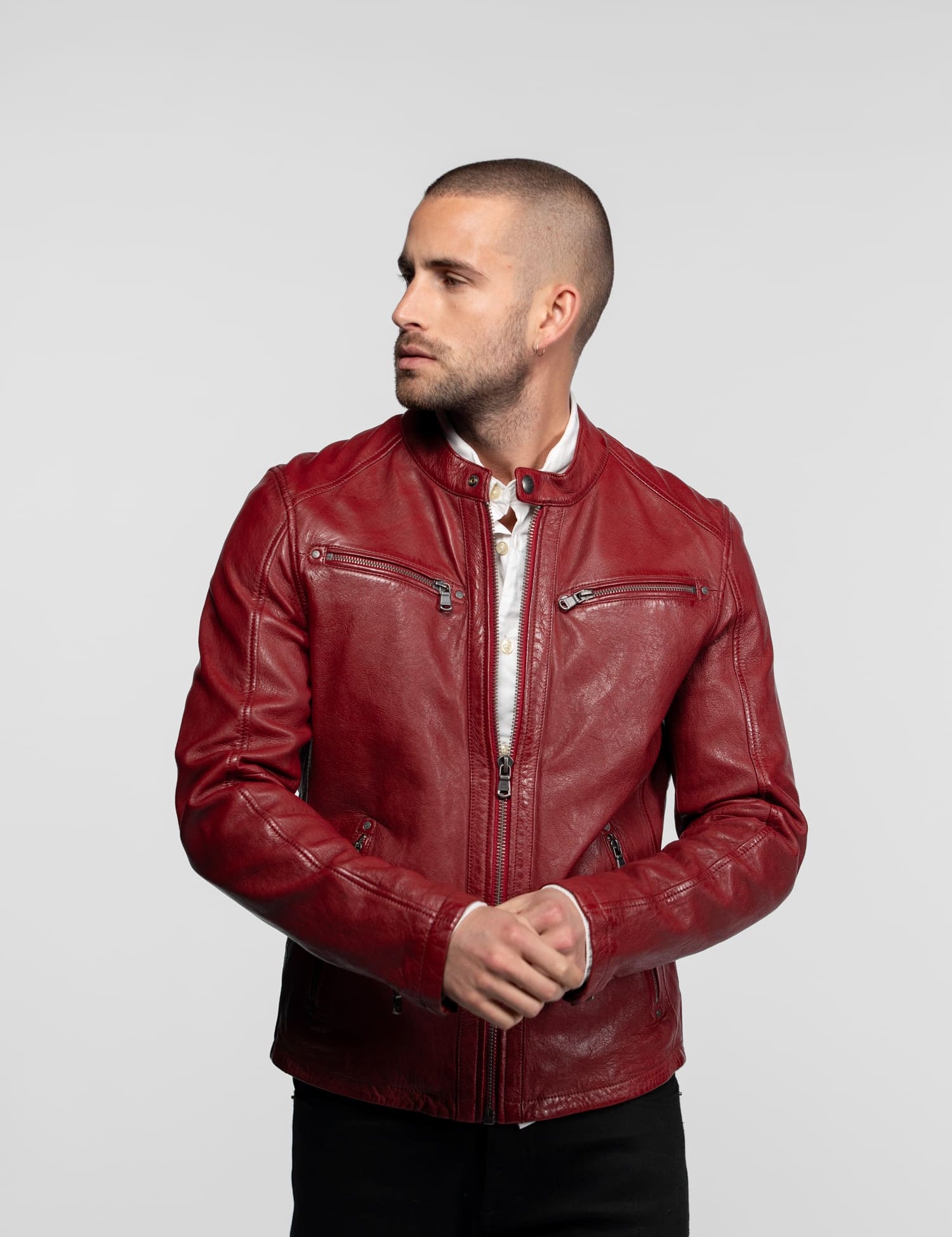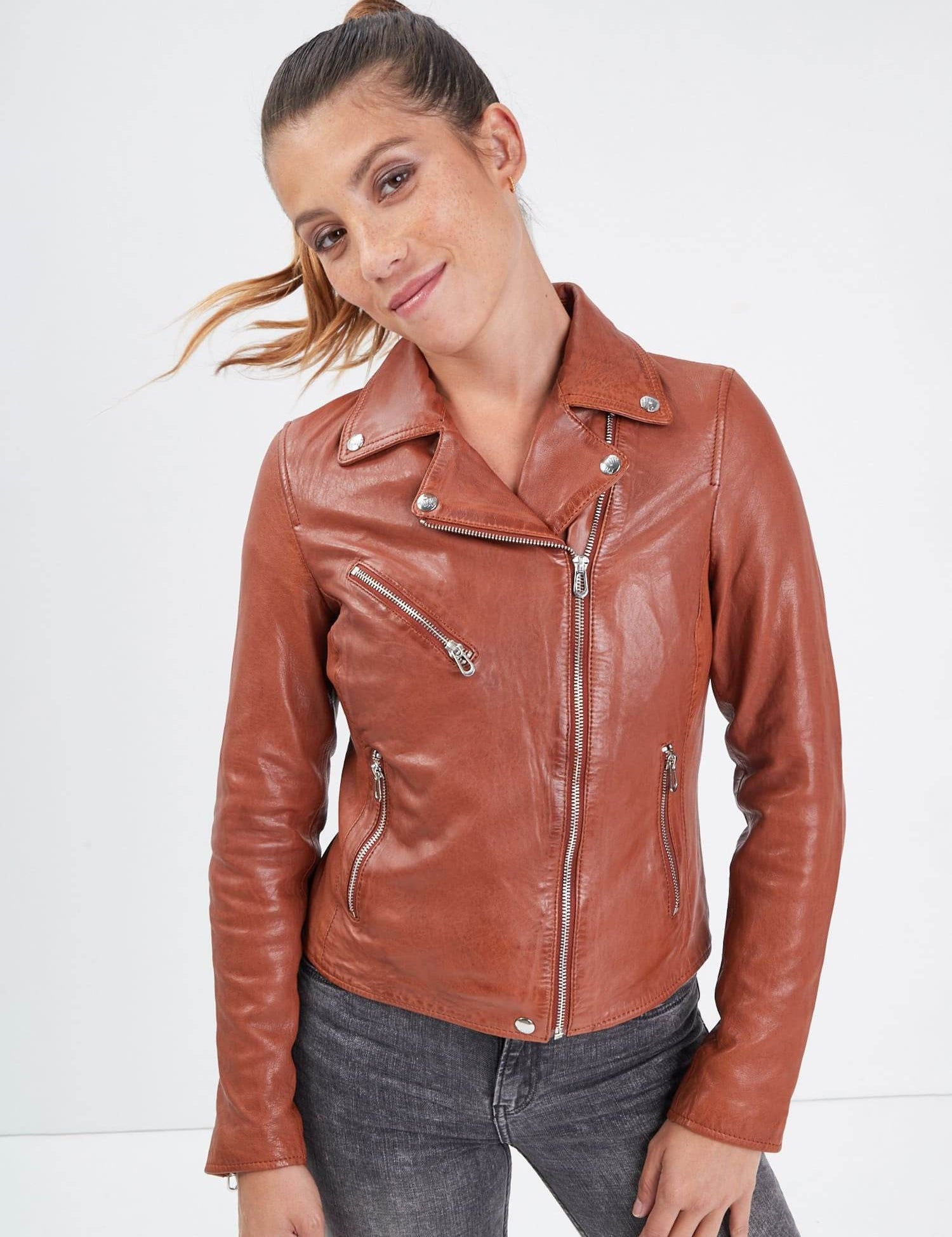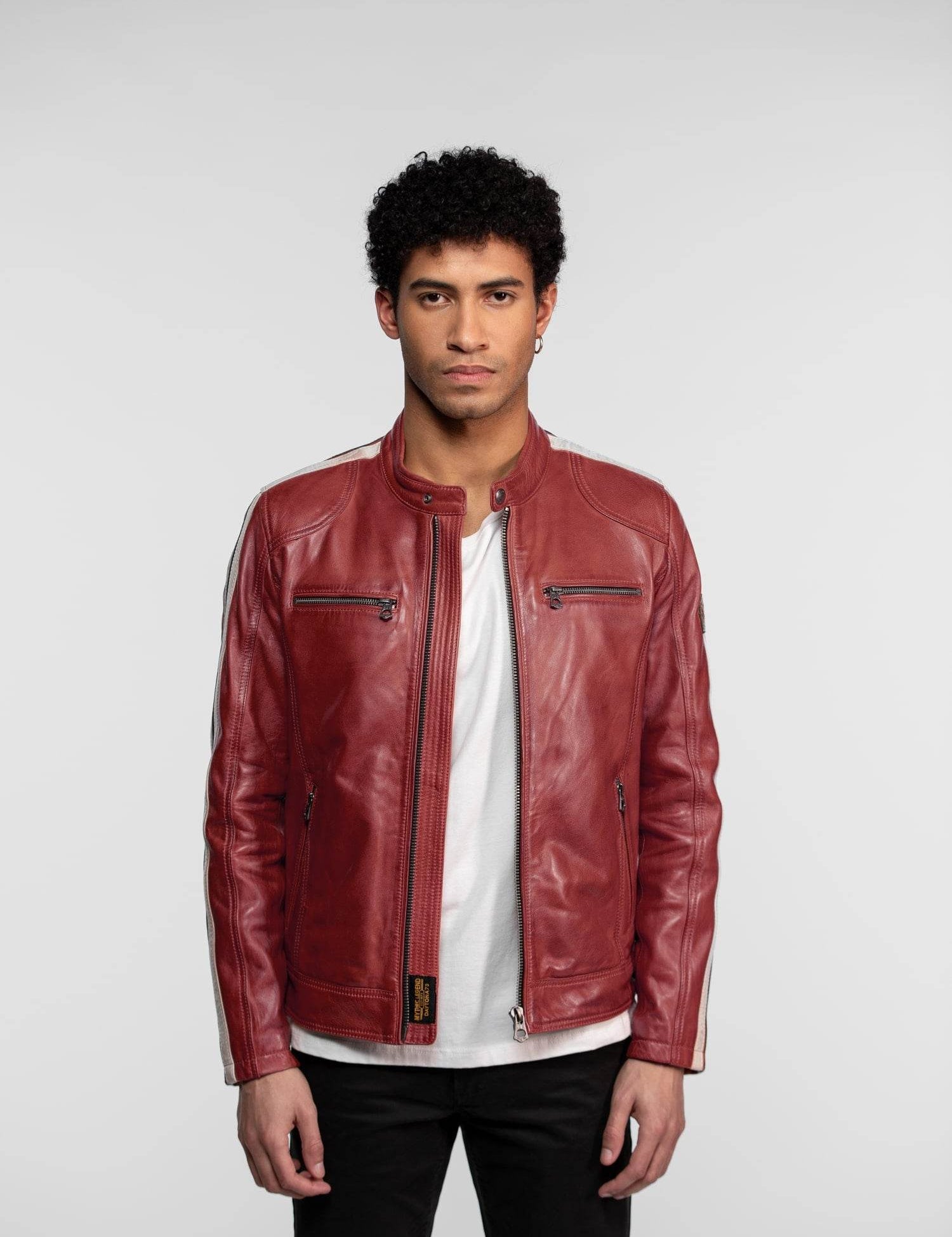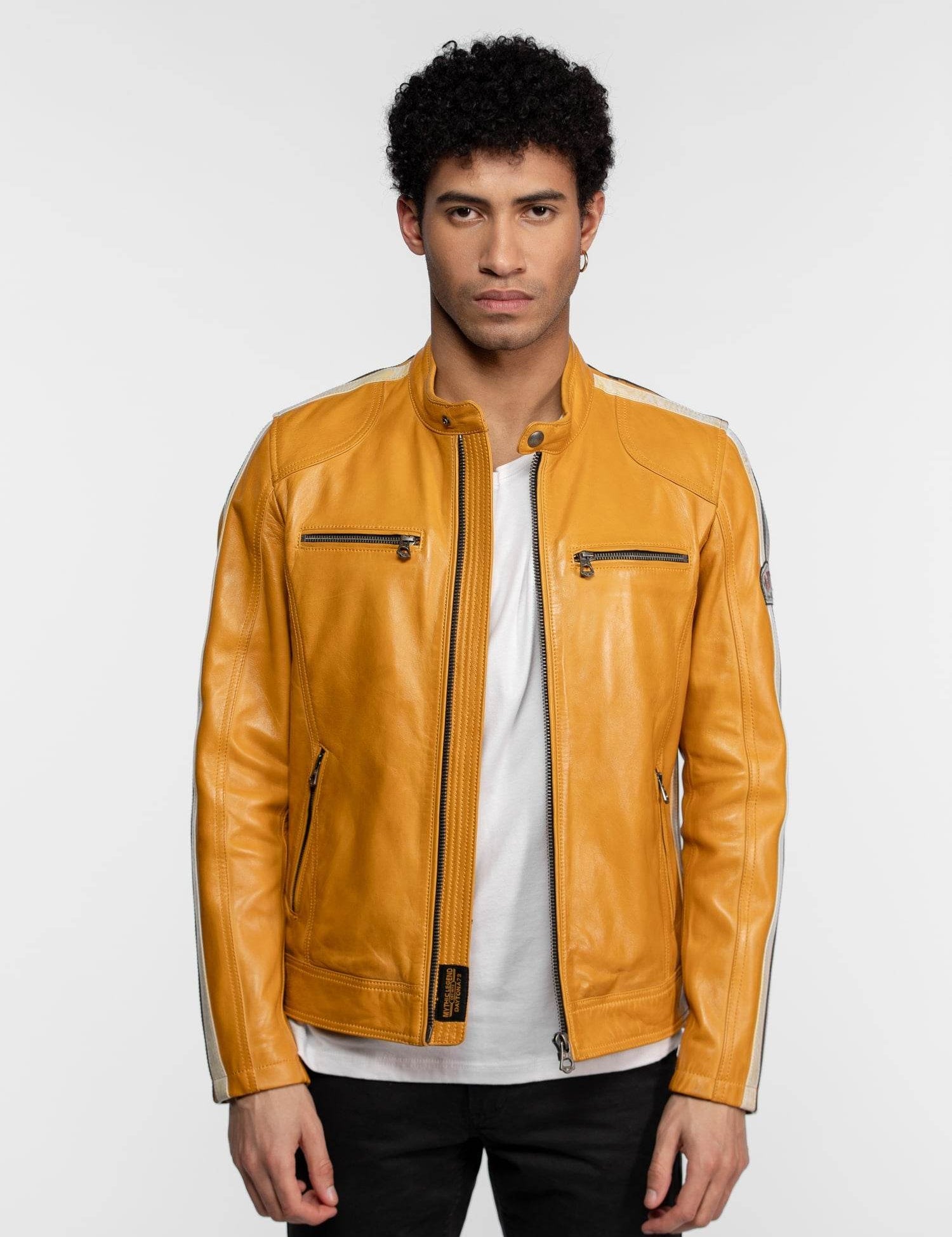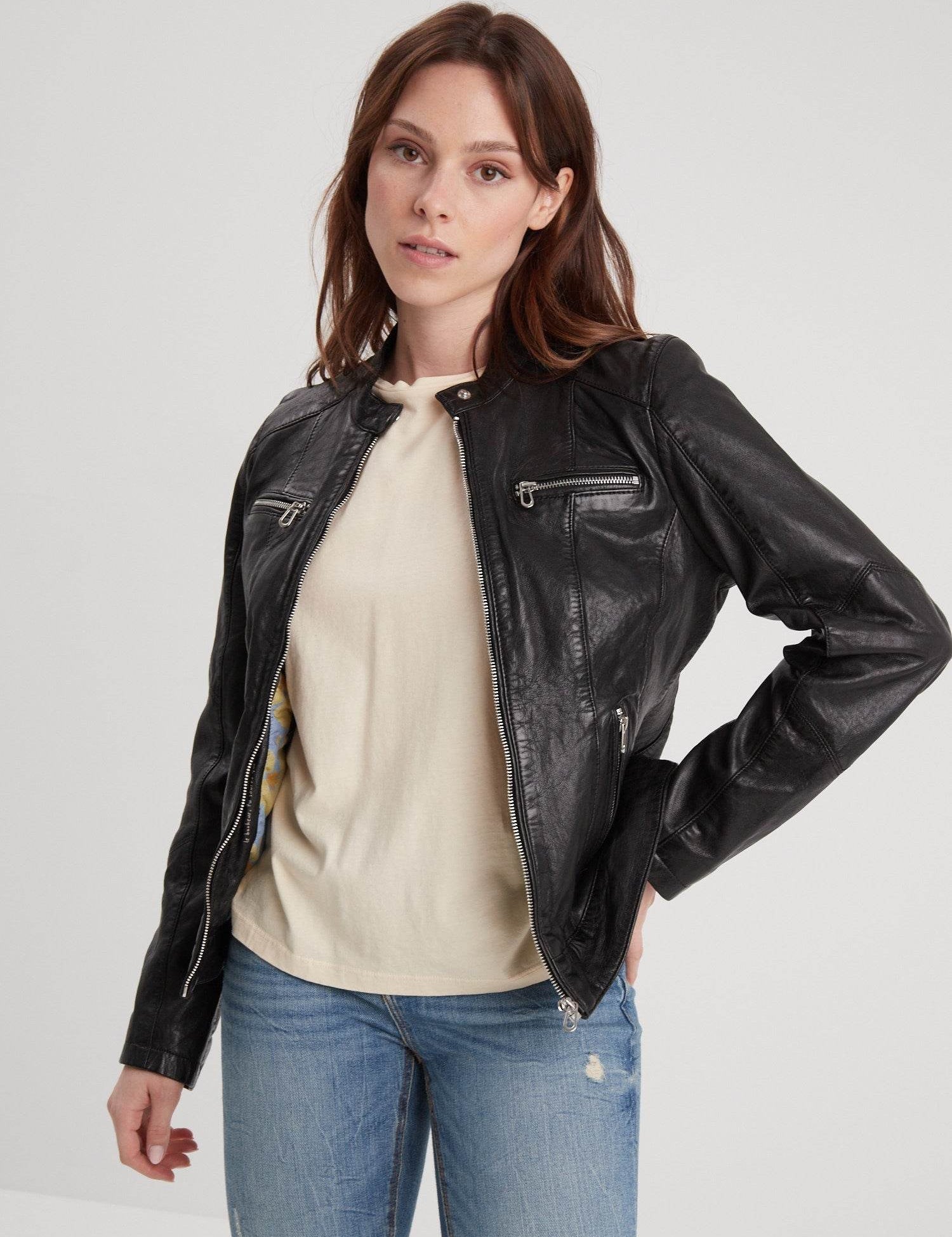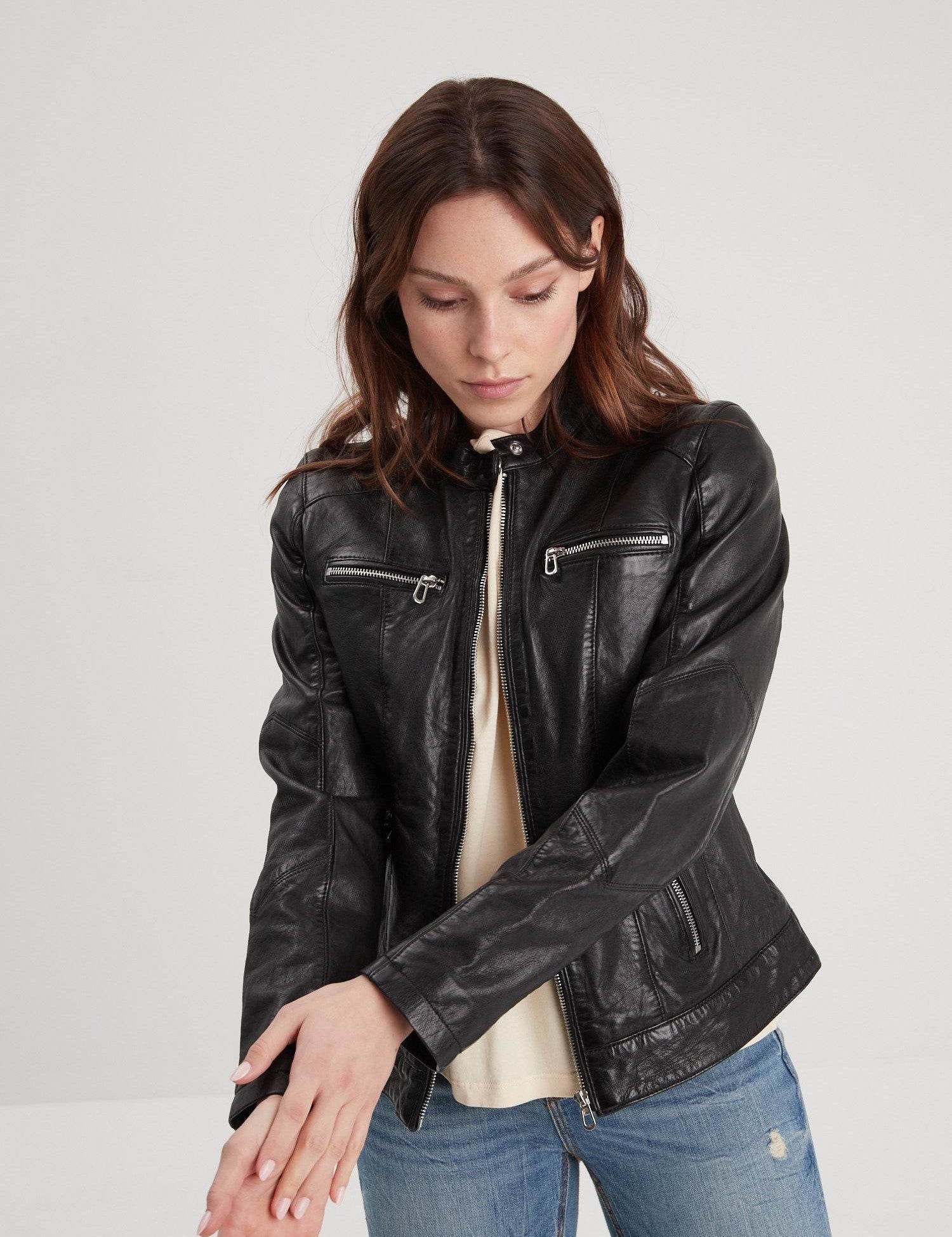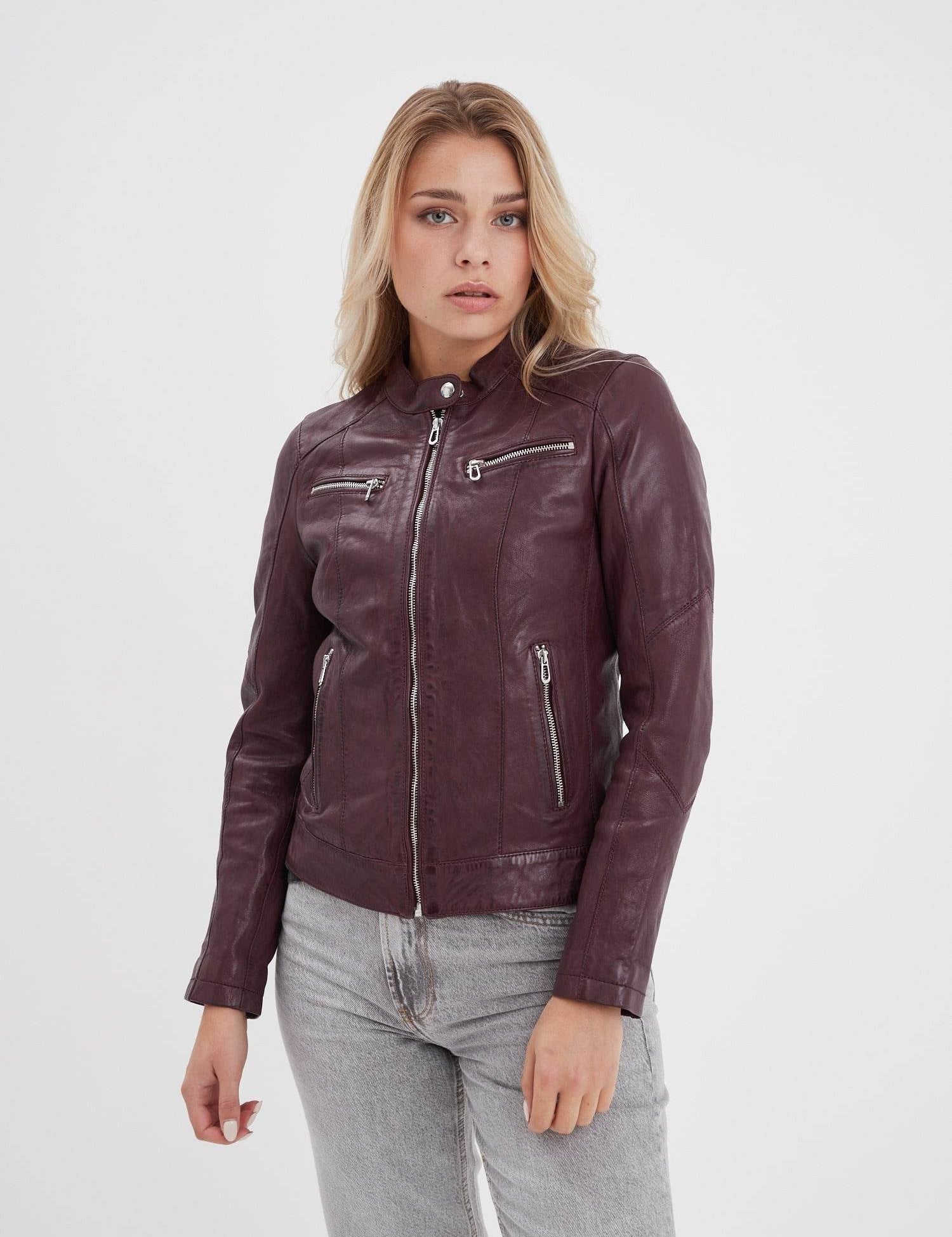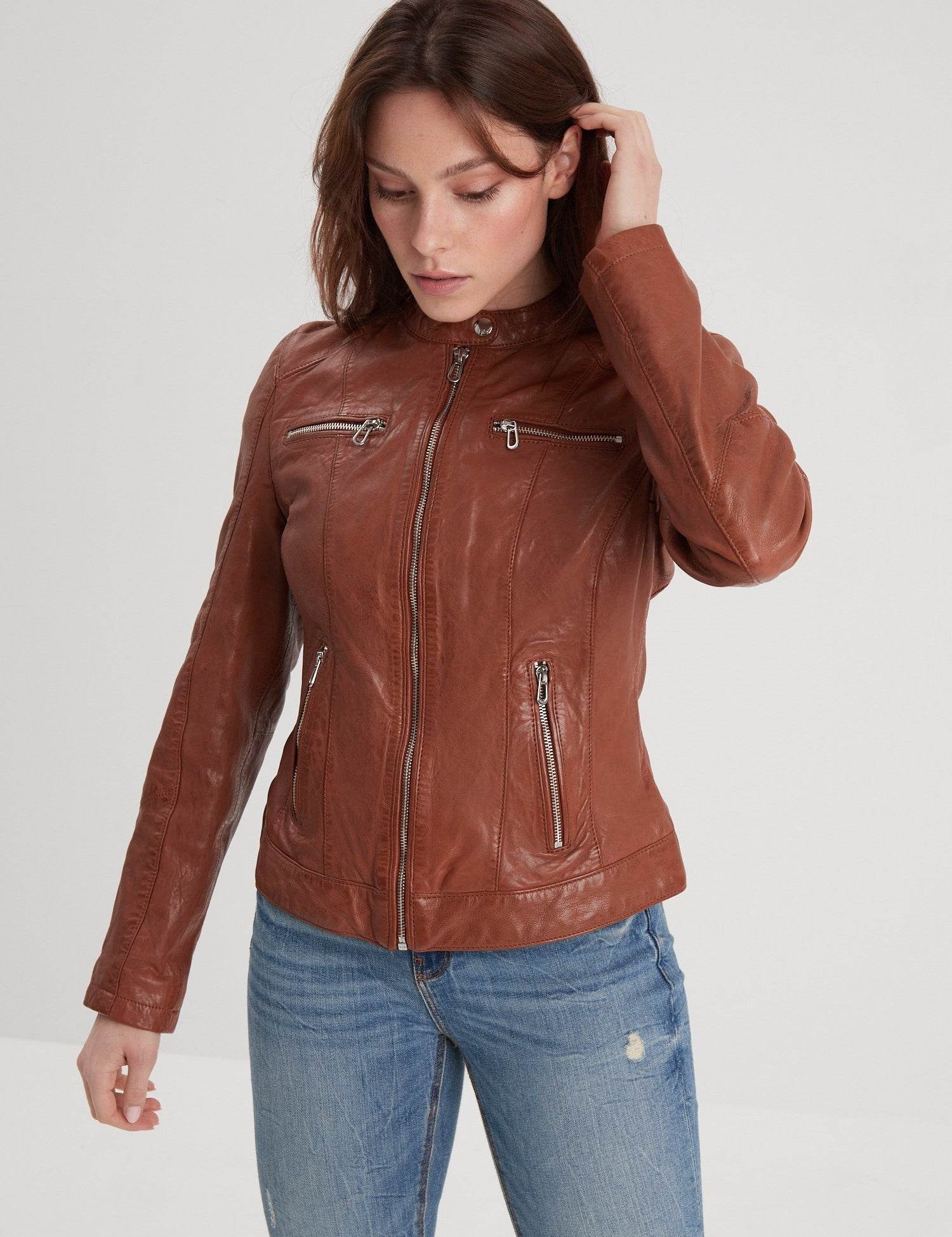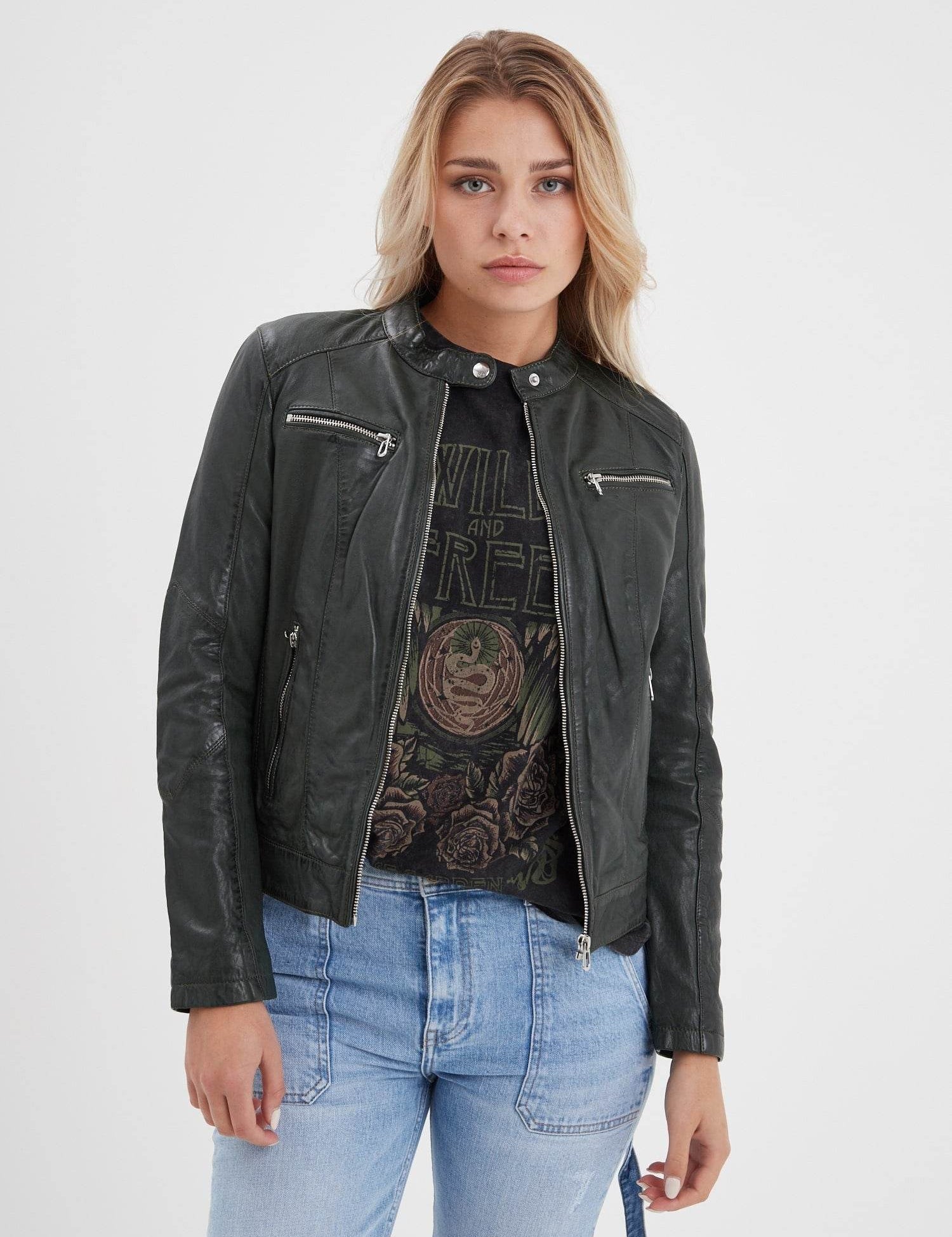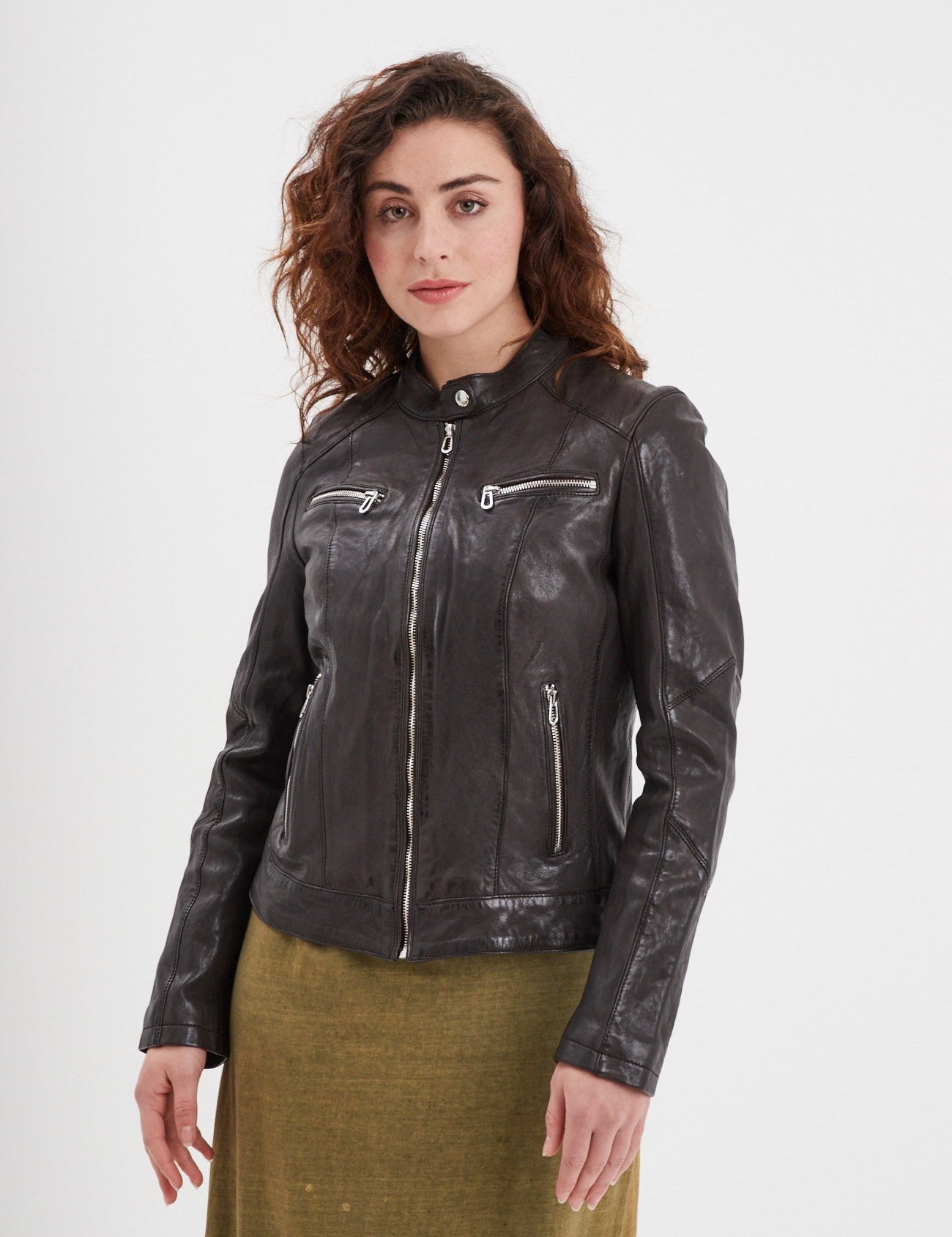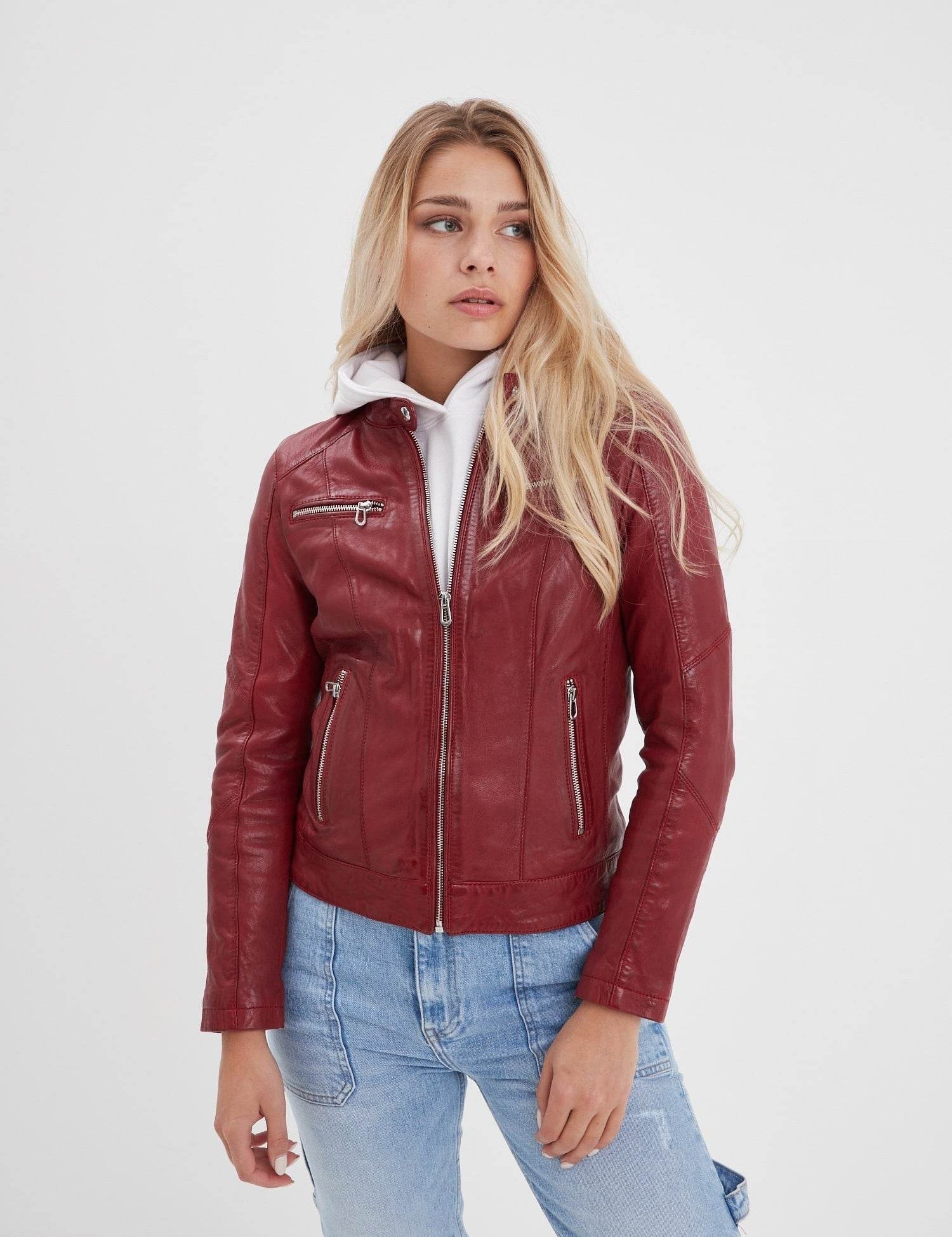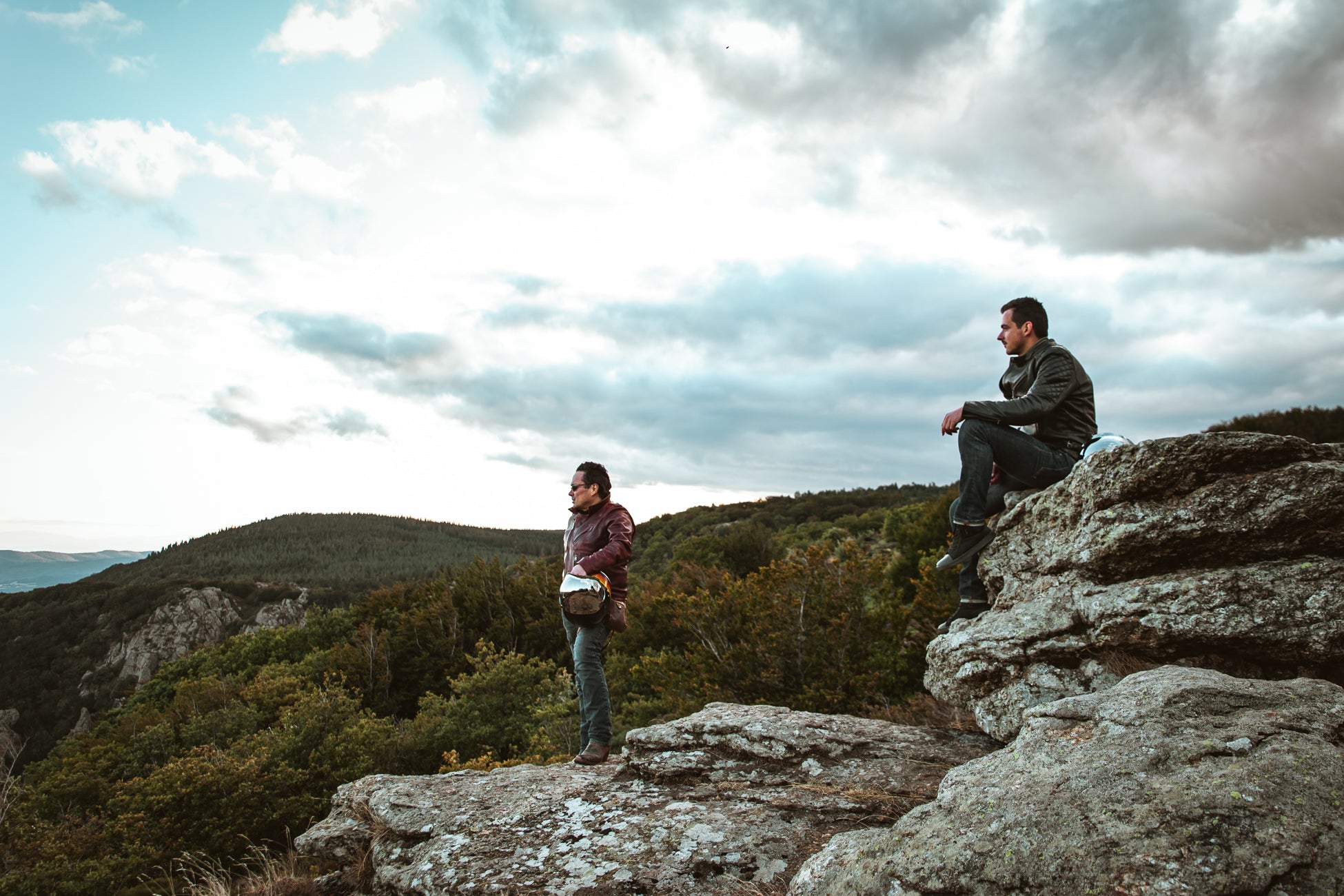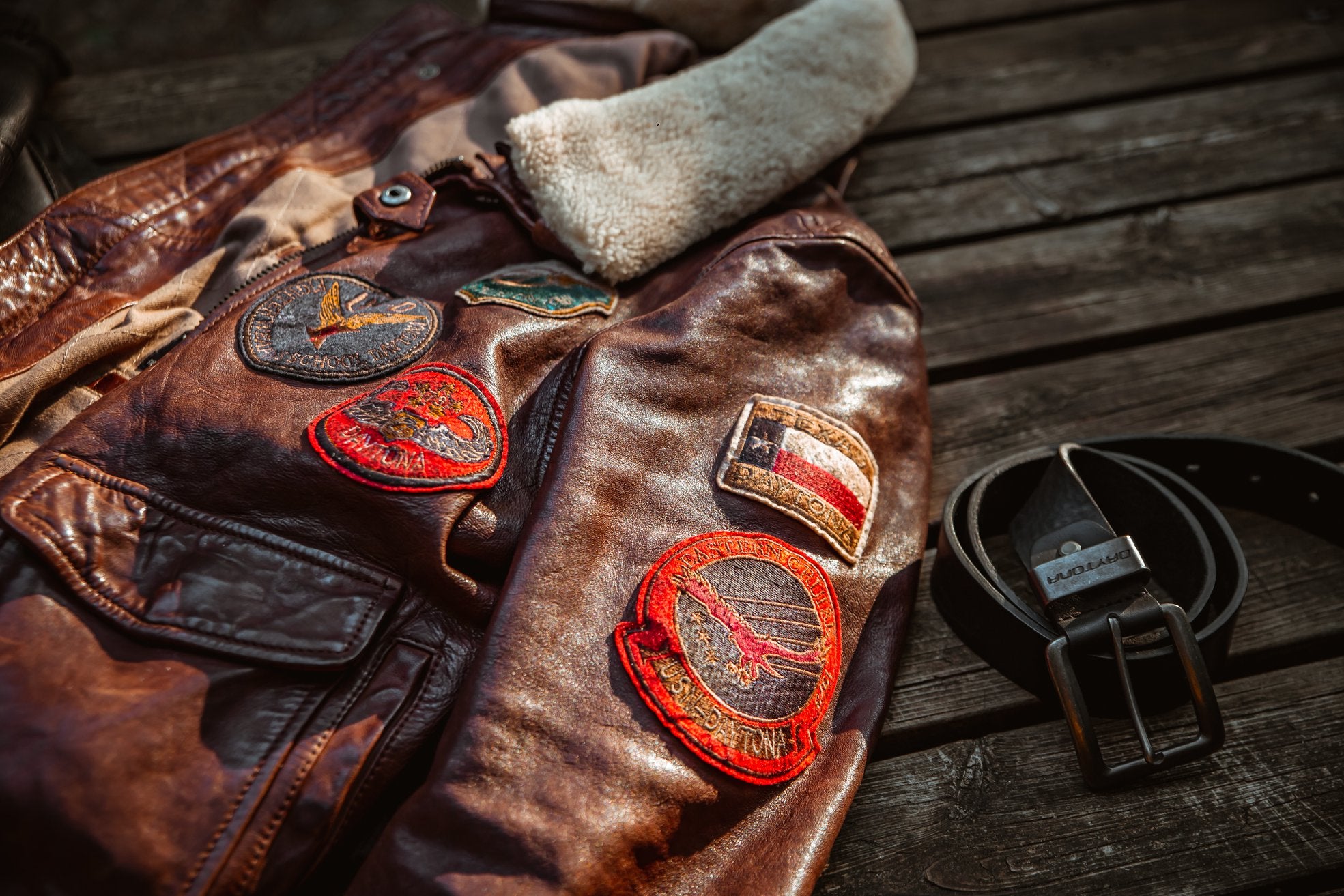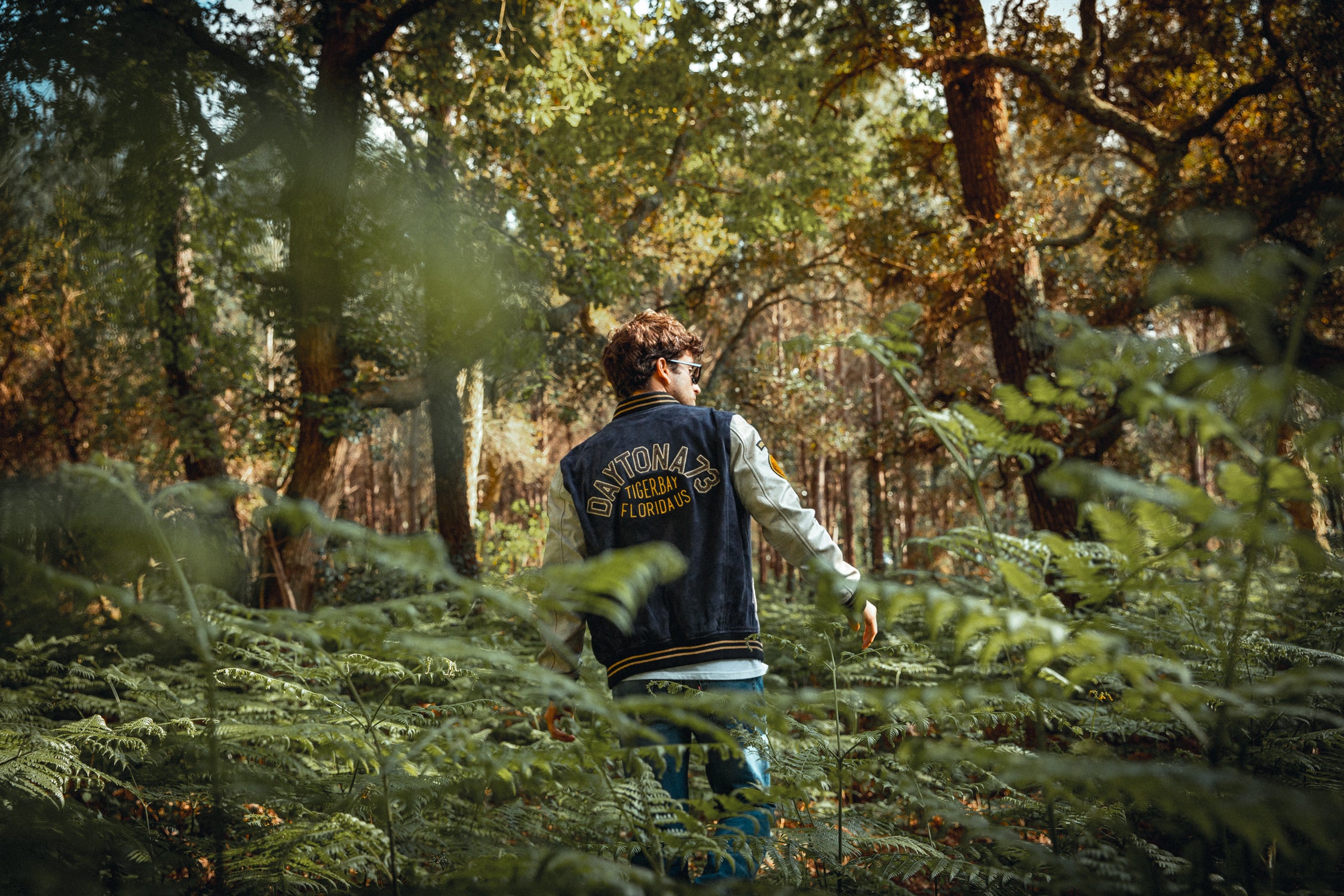DAYTONA 73
More responsible production
At Daytona 73, we are deeply concerned about the environment and attentive to new processes we can implement. We take meticulous care over the manufacturing of our garments, and we are committed to being transparent with our customers to reassure them in their purchases.
To do this, we are committed to reducing as much as possible our environmental and societal impacts linked to the use of leather.
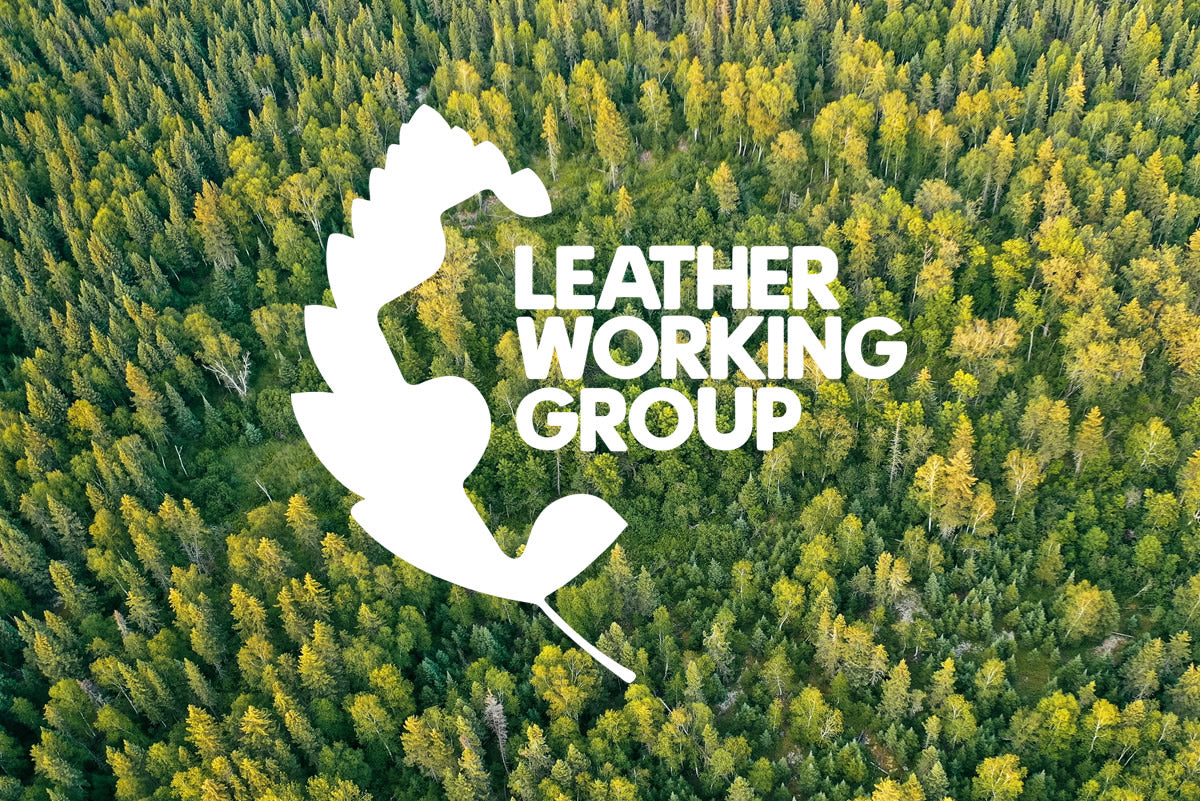
Leather Working Group certification
Our environmentally friendly processes
“ Essential clothing for modern adventurers, built to last.”
Why Sorona?
Why Sorona?
At a time when the environmental impact of the fashion industry is a major issue, we are highlighting Sorona, an innovative material used mainly for the down jackets in our Autumn/Winter collection.
Sorona represents a revolution in the textile industry, offering an environmentally friendly and high-performance alternative to traditional synthetic fibers. By incorporating it into our products, we are helping to preserve our planet while promoting responsible fashion.
Renewable Sustainability
Sorona uses corn, reducing dependence on non-renewable resources and reducing its carbon footprint. UV-resistant, it extends the life of fabrics.
Biodegradability
Unlike conventional polyester, Sorona is biodegradable, offering a more environmentally friendly solution.
Performance
Sorona offers strength, softness, and elasticity comparable to, or even superior to, traditional polyester. It dries quickly, is wrinkle-free, and does not pill.
Reducing plastic waste
By using biodegradable fibers, Sorona helps reduce plastic waste in oceans and landfills.
Why vegetable tanning?
In an era where awareness is growing about the ethics of clothing manufacturing processes and their impact on the environment, vegetable-based leather is gaining popularity. As its name mistakenly suggests, vegetable-based leather is not leather made from trees and plants, but rather leather made from animal skin.
It is in the manufacturing process that the name takes on its full meaning. Indeed, it is the transformation of the skin, its tanning, which is called vegetable.
Plant VS mineral
It is contrasted with the mineral tanning commonly used. Vegetable tanning is achieved through the action of tannins of plant origin such as oak bark, chestnut bark, roots and leaves, for different results depending on the raw material chosen.
The process can take anywhere from ten days to several months, depending on the methods and the desired result. We use this process for many of our jackets.

Our vegetable-tanned leathers
OUR COMMITMENT
Proven know-how
Our leather jackets are made in Pakistan. We strive to be transparent about our manufacturing process. Leather craftsmanship in this country is highly developed and boasts unparalleled expertise.


